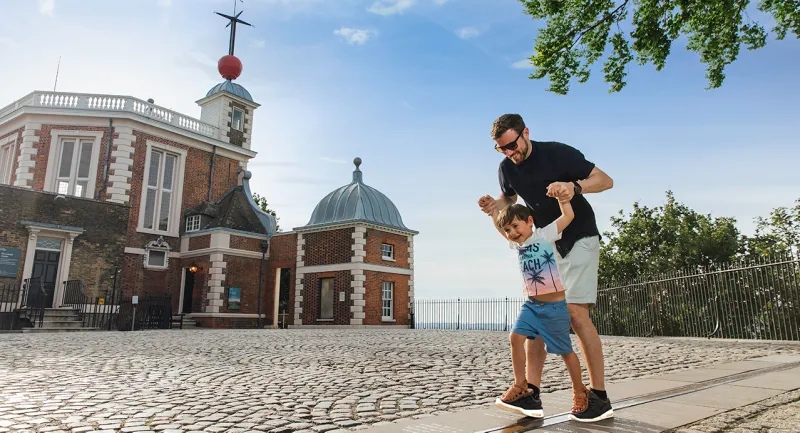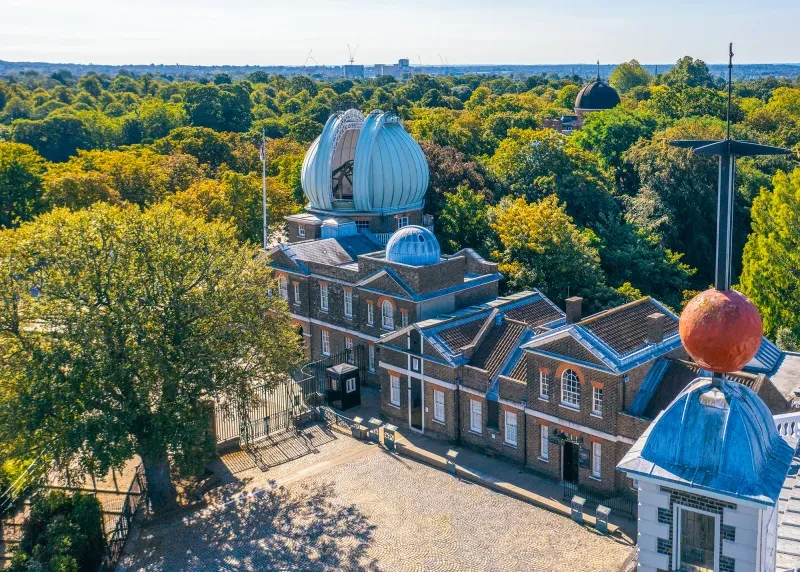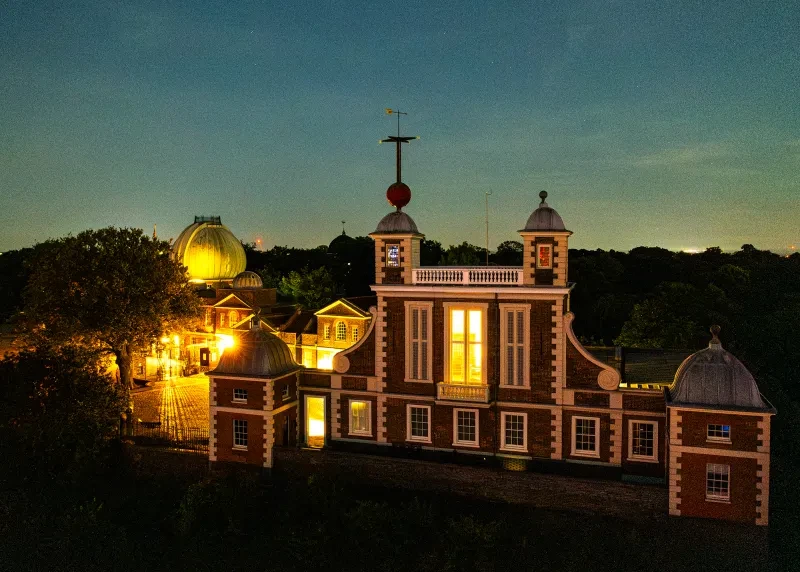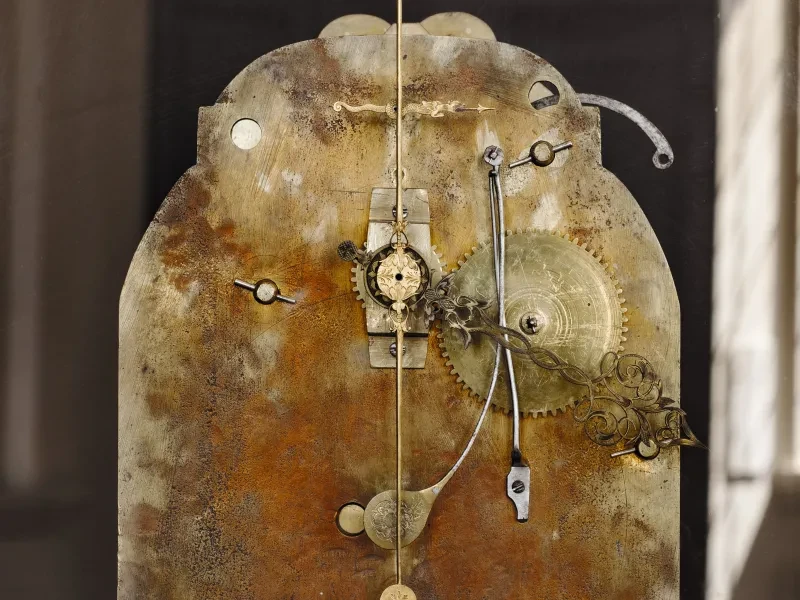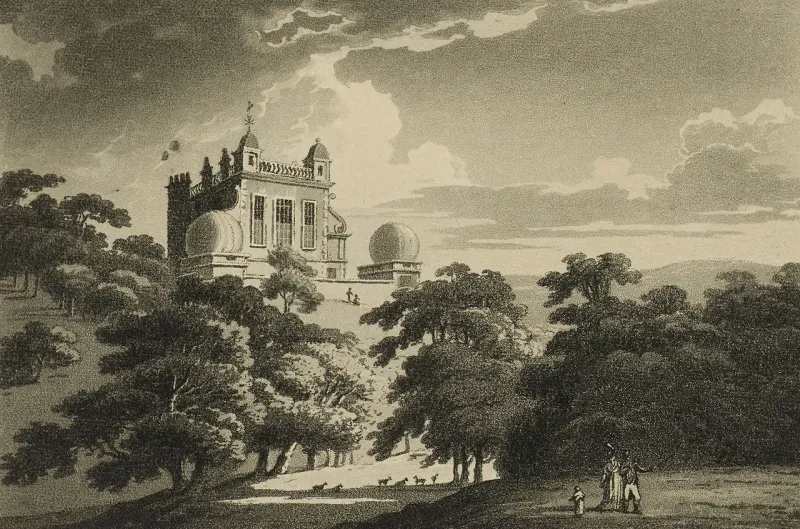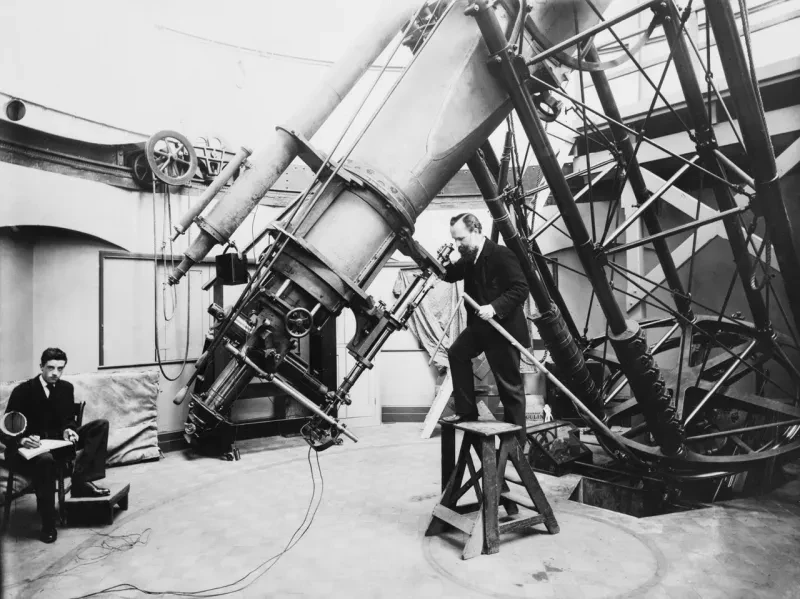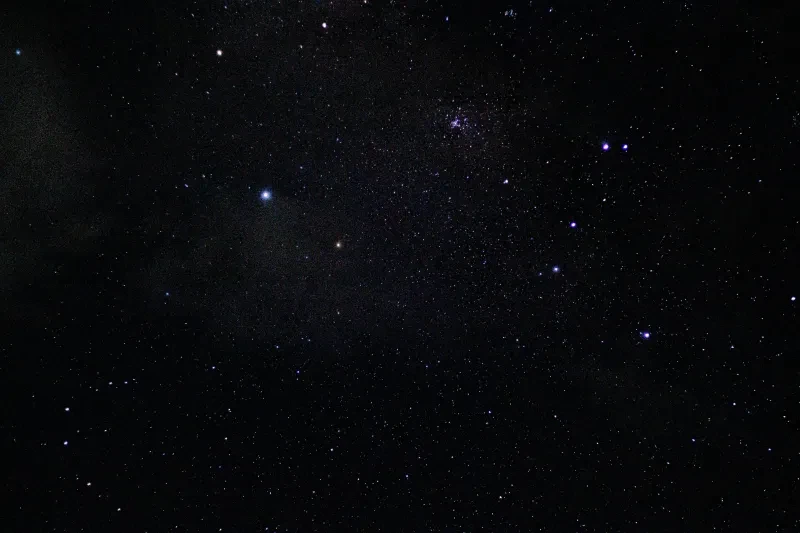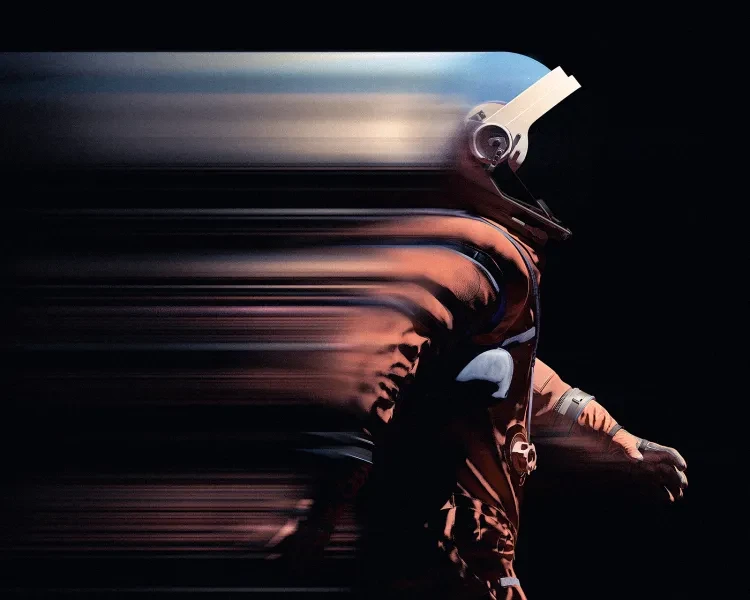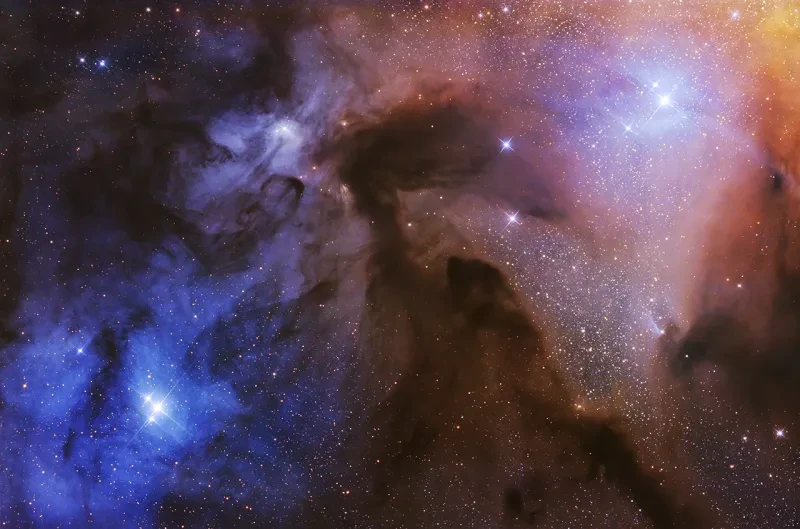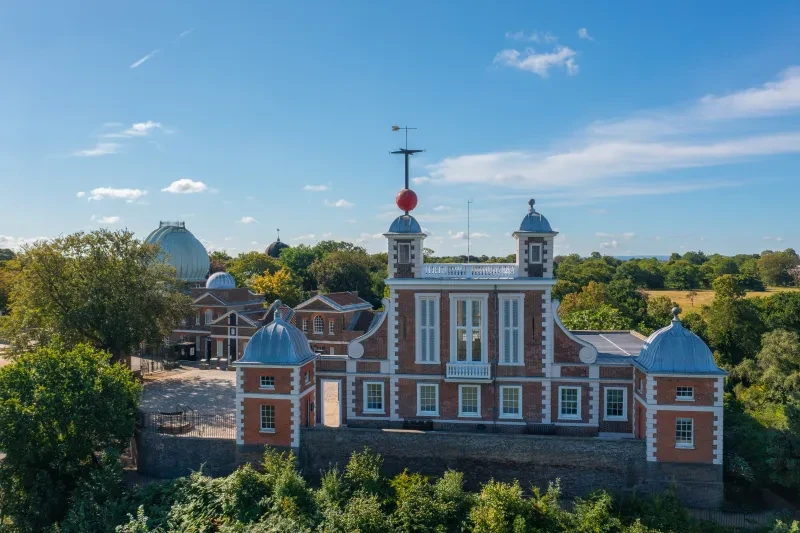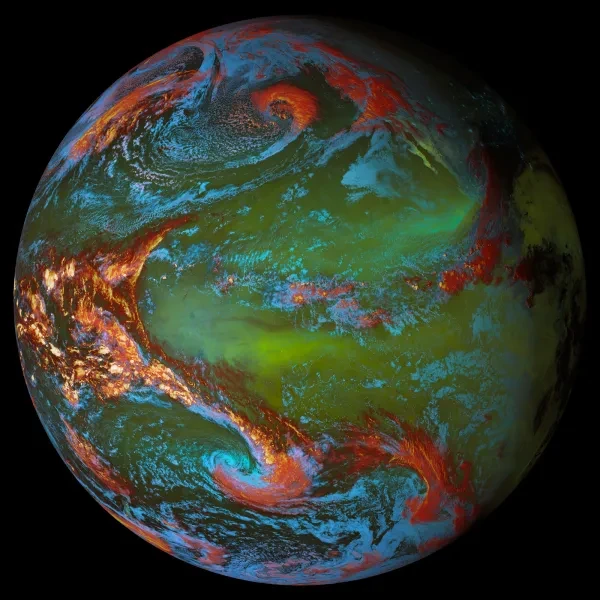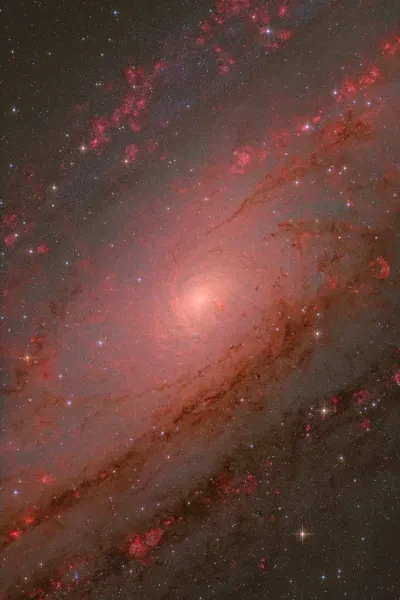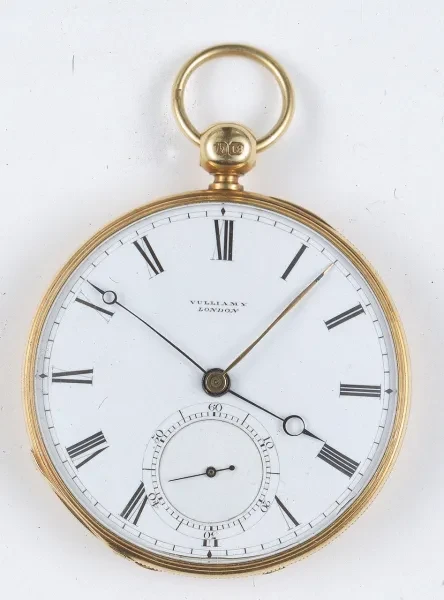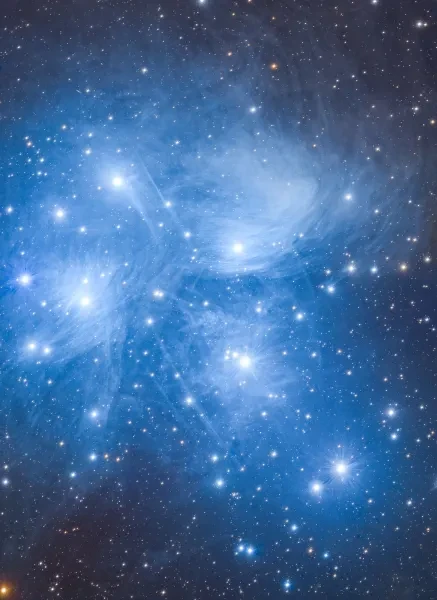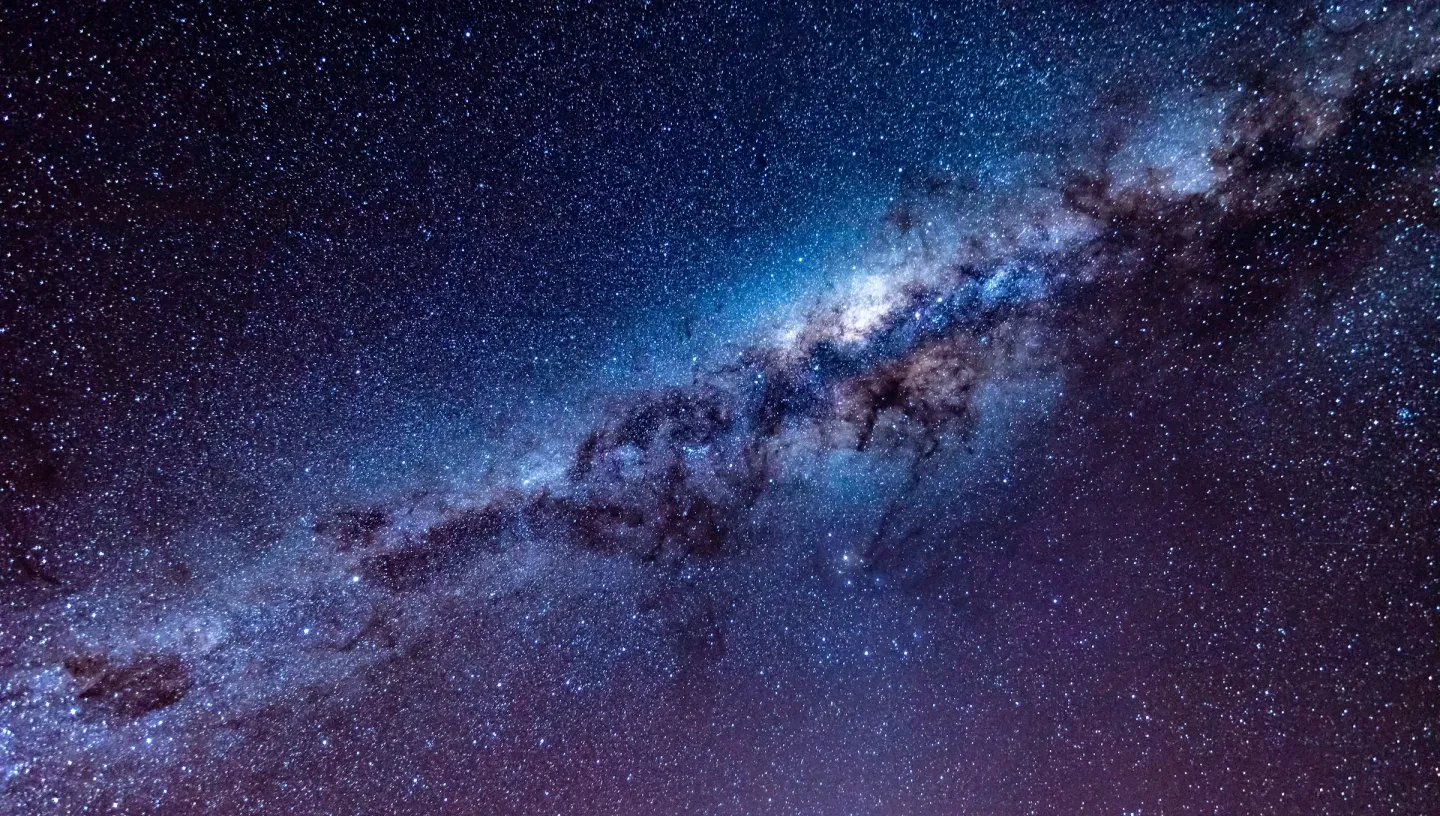
Space – Royal Observatory Greenwich Poetry Book is a beautiful poetry anthology celebrating the 350th anniversary of Royal Observatory Greenwich.
Numerous poets were inspired by the history and work of the Observatory to put pen to paper and muse on subjects as wide ranging as the light of stars, the craters of the Moon, ‘seagulls’ in space and the discovery of Halley’s comet.
In addition to new commissions, classic poems from the likes of William Blake, W.B. Yeats and William Wordsworth show how our preoccupation with the stars and sky has endured for centuries.
Here, for all to enjoy, are some of our favourite poems from the book.
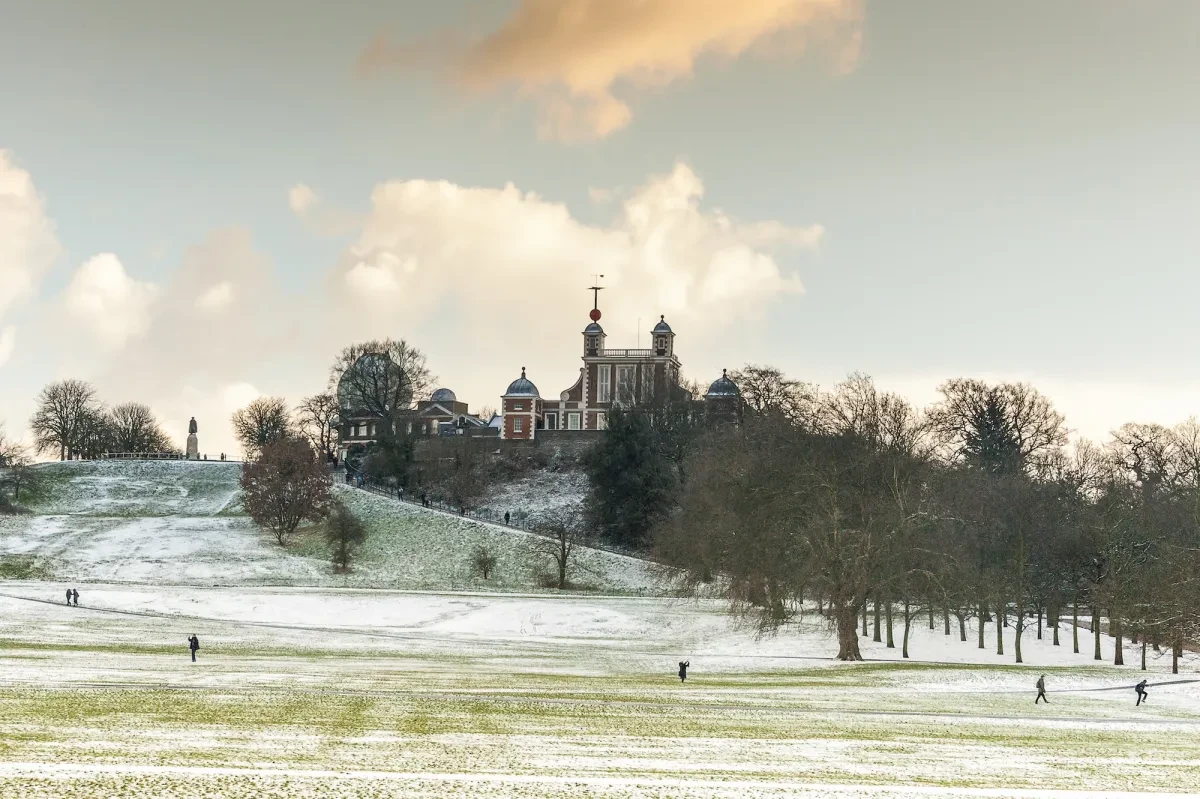
The Old Royal Observatory, Greenwich
By Roger Stevens
You need time to see
All there is to see
At the Old Royal Observatory
In the octagonal room
The long pendulum of time
Swings slowly
And on a cool New Year’s Eve
You find yourself
Standing on the frost-flecked slopes
Of Observatory Hill
Watching for the second
Which every year escapes
But the new-fangled atomic clock
Loses only one second
Every billion years
And you find yourself wondering
How can we live
With such a gaping margin of error?
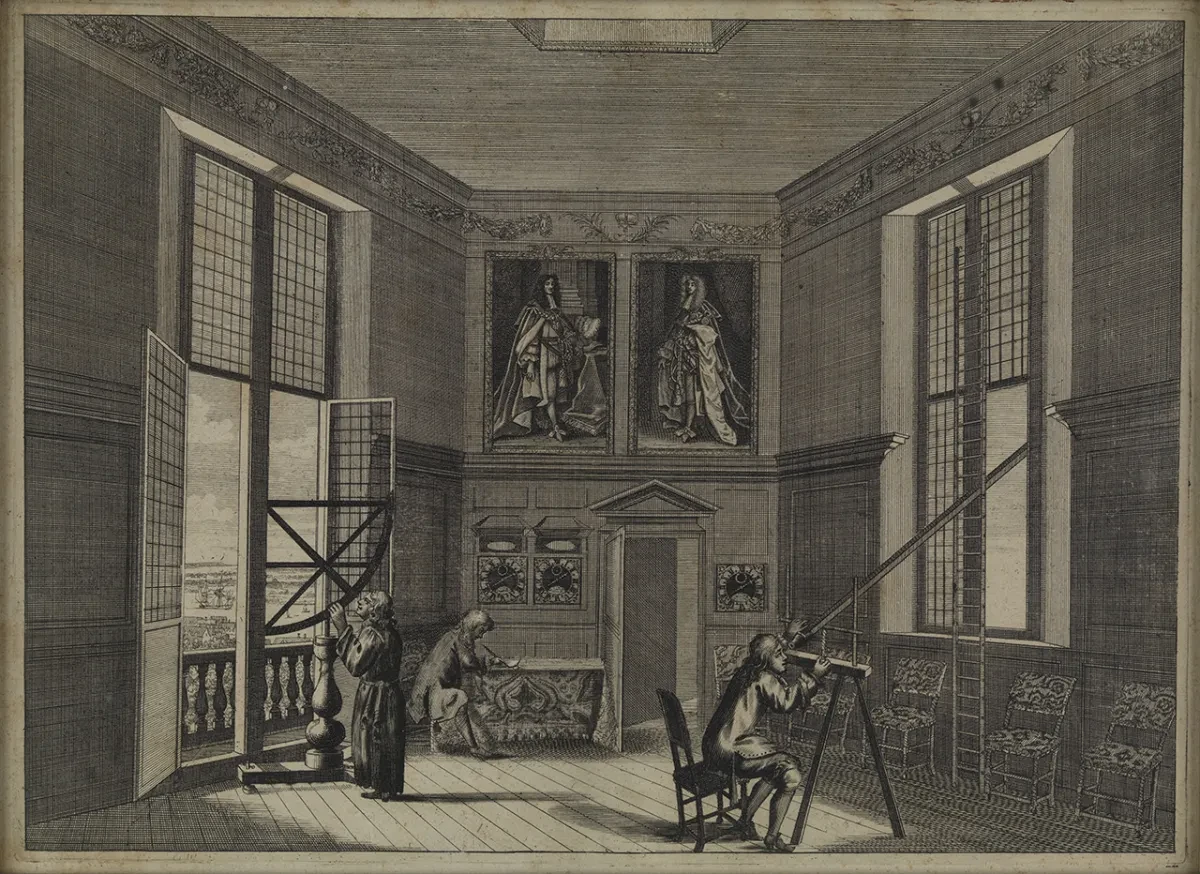
Diary Entry, Greenwich –
10 August 1675
By Matt Abbott
Tonight, my friends,
I sit beneath the stars.
And tomorrow,
and for as many as I can fathom.
I plot and chart this wondrous abyss
that leaves oceans as puddles.
Tonight, I observe
this compelling moon:
it takes residence
in my retinas.
Tonight, I begin the translation
of that which transcends existence.
I shall be sure to make myself comfy
on a voyage
that appears to be
infinite.
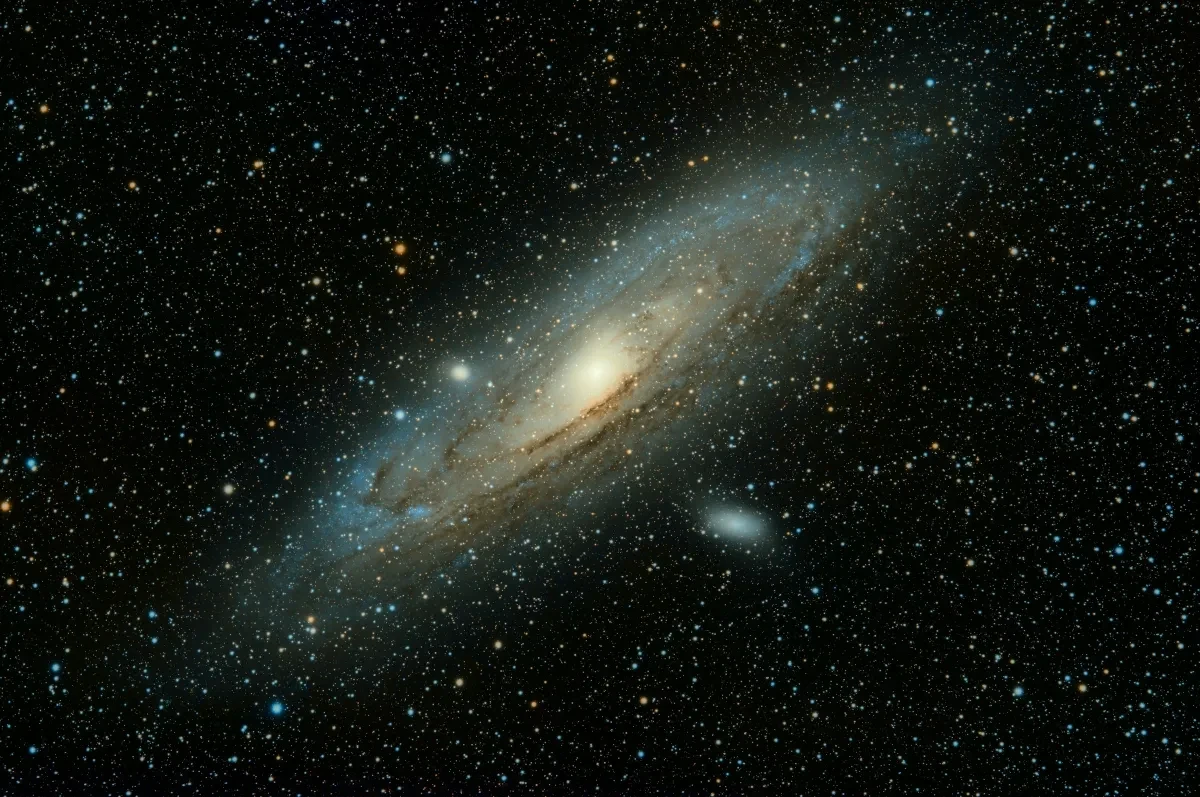
What Astronomers Know (or Think) in 2025
By Philip Waddell
They know that the universe is very cold
And, nearly, they think, fourteen billion years old.
They think a Big Bang was space’s derivation
And space is expanding through cosmic inflation.
They think that dark energy makes space expand
And think that dark matter they will understand.
And galaxies may, they think, number in trillions
With stars and with planets that number in billions.
Some think that, in time, we’ll find we’re not alone
So, SETI is seeking to solve this unknown.
Celestial ideas are picking up pace
But, still, there’s so much to deduce about space
And more will be known but I’m sure there will be
Questions unanswered for all eternity.
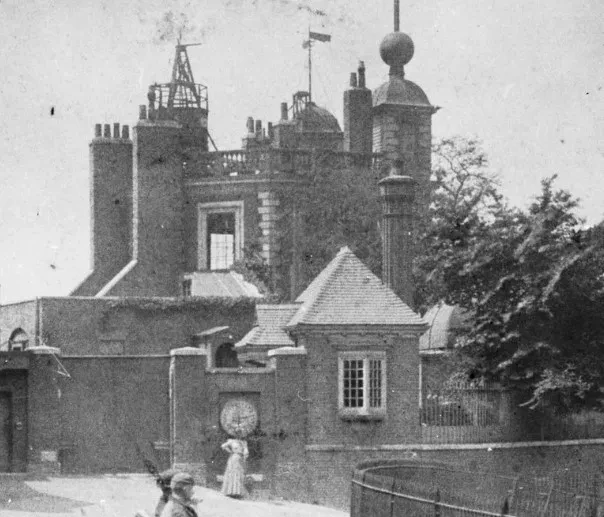
The Lady Computers
(1890–1895)
By Lucy Coats
That’s what their bosses called them,
those fresh-faced mathematicians
with galaxies in their gaze;
Edith and Isabella,
Harriet and young Alice,
spinning webs of figures round
stars, with the delicate touch
of celestial watchmakers
trapping slow, refracted time.
Files now lost in some black hole,
these astrographic pioneers,
these foragers of vital facts,
are long-forgotten relics
of days when women’s work just
didn’t matter quite enough.
I have used some of Isabella Clemes’ own words in this poem,
taken from her 1891 article in The Churchman.
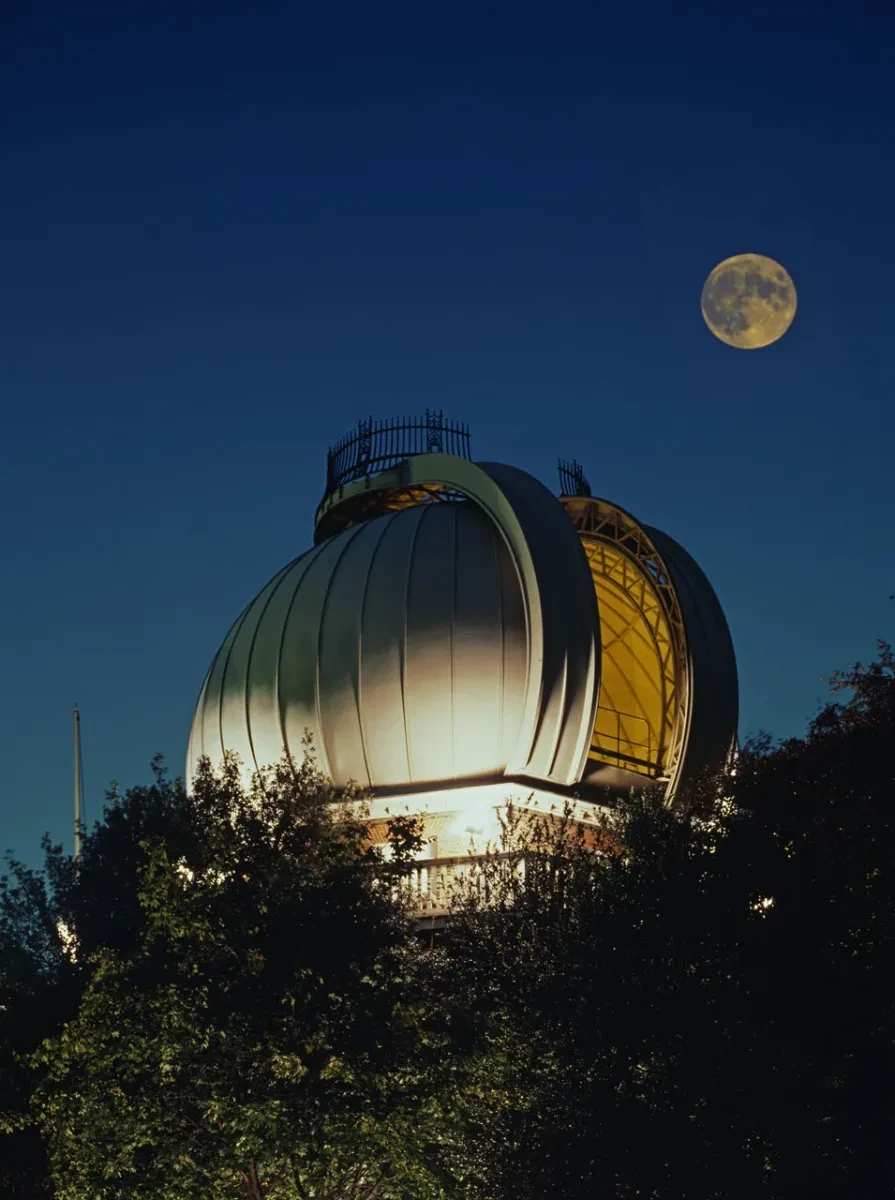
What If There Were No Moon?
By Rebecca Elson
There would be no months
A still sea
No spring tides
No bright nights
Occultations of the stars
No face
No moon songs
Terror of eclipse
No place to stand
And watch the Earth rise.
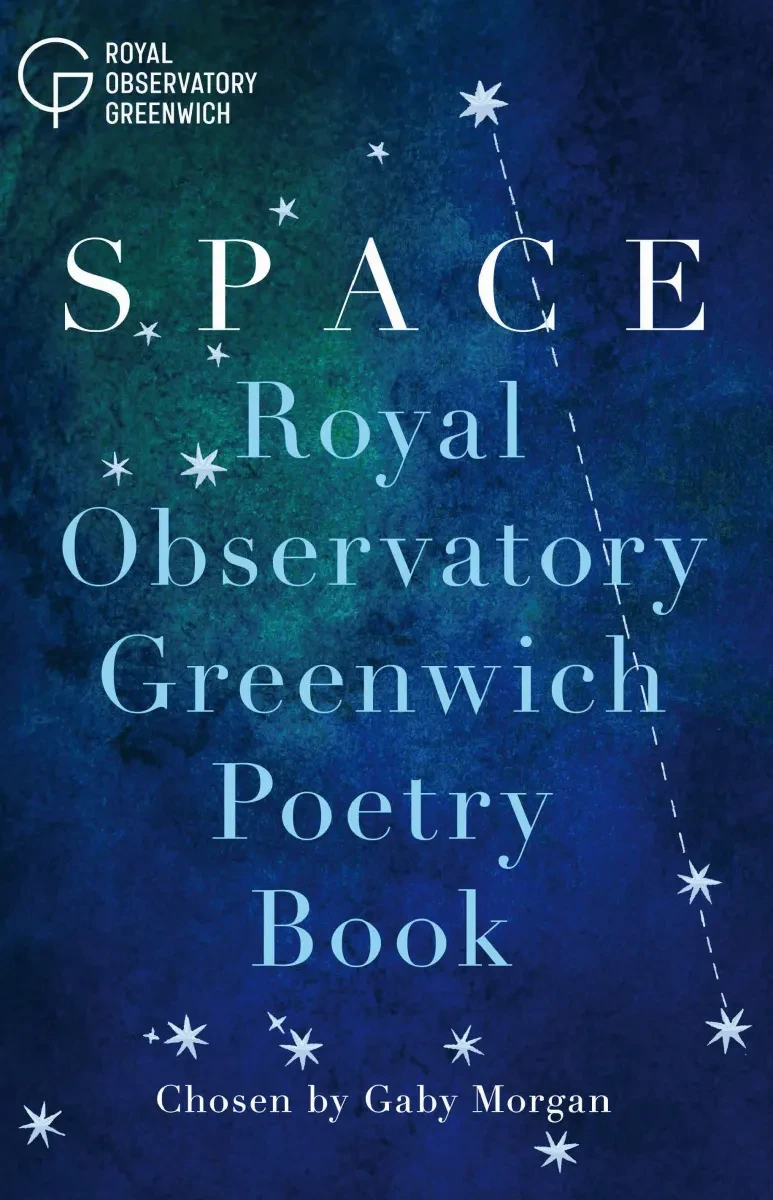
Space: Royal Observatory Greenwich Poetry Book
A stellar collection of poems about space celebrating the 350th anniversary of Royal Observatory Greenwich.
The perfect gift for stargazers young and old, this beautiful poetry collection is illustrated with photographs from the Royal Observatory Greenwich collection.
Selected poems from Space: Royal Observatory Greenwich Poetry Book, chosen by Gaby Morgan. Published by Macmillan in association with Royal Museums Greenwich, 2025.
‘The Old Royal Observatory, Greenwich’, Roger Stevens, reproduced with kind permission of the author; ‘Diary entry, Greenwich – 10th August 1675’ © Matt Abbott. Reproduced with kind permission of the author; ‘What Astronomers Know (Or Think) in 2025’ © Philip Waddell. Reproduced with kind permission of the author; ‘The Lady Computers’ © Lucy Coats, 2025. Reproduced with kind permission of the author; ‘What if There Were No Moon?’ from A Responsibility to Awe by Rebecca Elson (Carcanet, 2018) © Reproduced with permission from the publisher.
Header image by Graham Holtshausen on Unsplash
More space, astronomy and history
From Royal Observatory Greenwich.
